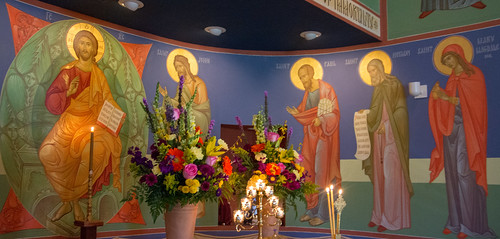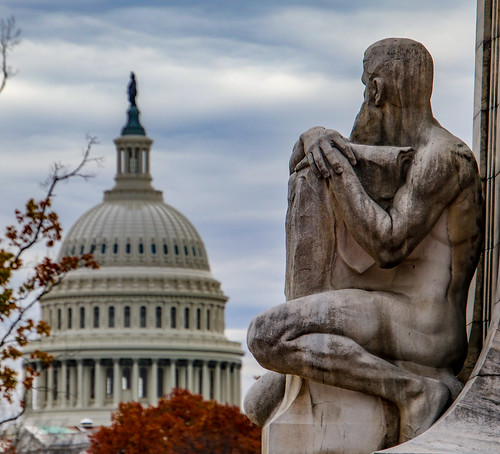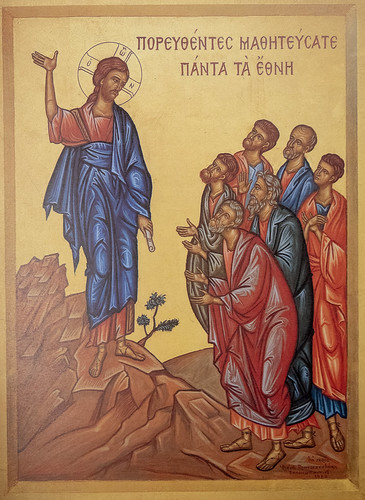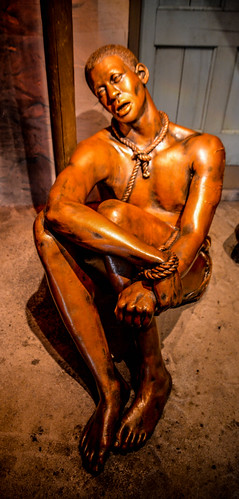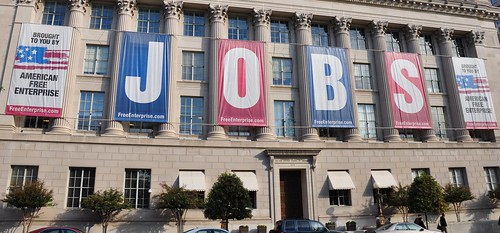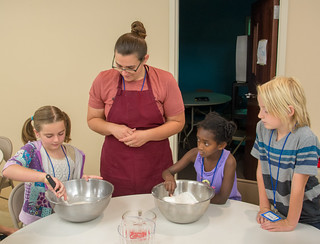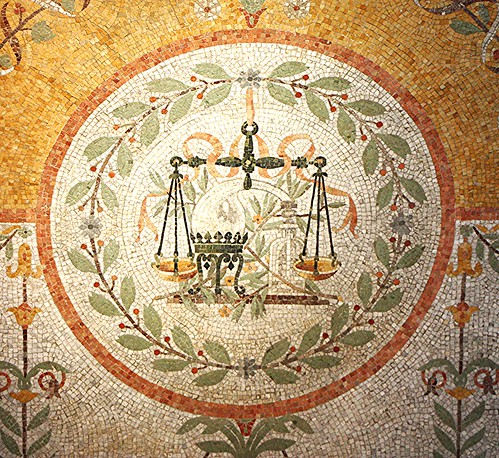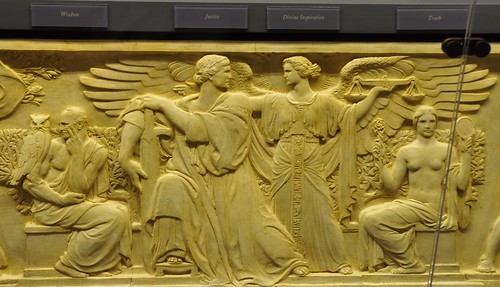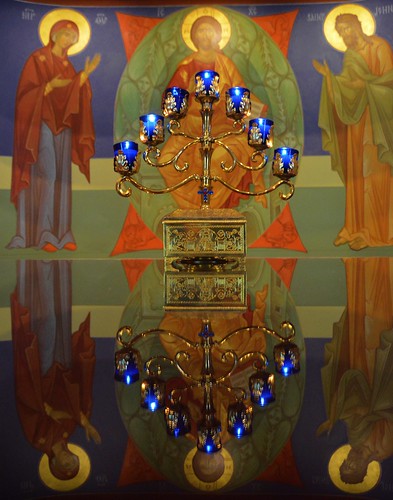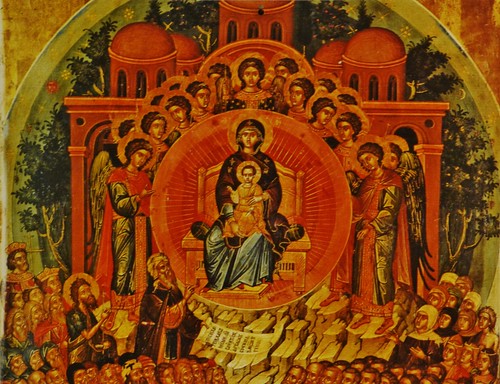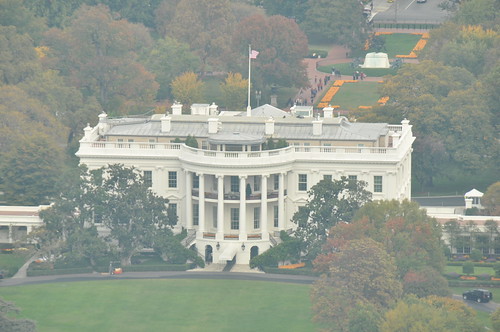The Gospel Lesson from Luke 12:16-21, occurs within a larger context in Luke’s Gospel and the context helps us understand the lesson. The immediate context is Luke 12:13-34.
One of the multitude said to him, “Teacher, bid my brother divide the inheritance with me.” But he said to him, “Man, who made me a judge or divider over you?” And he said to them, “Take heed, and beware of all covetousness; for a man’s life does not consist in the abundance of his possessions.”

The first thing to note is that the parable of the rich fool follows immediately upon Jesus warning against covetousness or greed. Jesus does not believe that life is a game where whoever accumulates the most stuff wins. Life is far more precious than how much you own or what you own.
What is wealth? Not just property, money, material possession. What about your relationship to the living God? Is that not the most valuable commodity we can own?
There are countless other intangibles which are incredibly valuable to us, such as: salvation, health, wisdom, special talents, peace of mind, a loving family, good parish, long life, great job, good habits. These are all priceless possessions for us, and can be had by people with no money.

According to the teachings of our Lord Jesus Christ, our true investments are our every action toward family, friend, neighbor, stranger, the poor and enemy. The profits from those investments await us in the Kingdom of God.
God will not ask you on the judgment day how your stocks fared on Wall Street. He will not ask you whether you supported tax cuts or deregulation or what you rate of return was on your 401K.
And with all this in mind we hear Christ’s parable:
And he told them a parable, saying, “The land of a rich man brought forth plentifully; and he thought to himself, ‘What shall I do, for I have nowhere to store my crops?’ And he said, ‘I will do this: I will pull down my barns, and build larger ones; and there I will store all my grain and my goods. And I will say to my soul, Soul, you have ample goods laid up for many years; take your ease, eat, drink, be merry.’ But God said to him, ‘Fool! This night your soul is required of you; and the things you have prepared, whose will they be?’ So is he who lays up treasure for himself, and is not rich toward God.”
God owns everything. You might hear a priest say at the graveside before a burial these words: The earth is the Lord’s and all that is in it, the world, and those who dwell therein. (Ps 24:1) They remind us that we cannot take our wealth with us beyond the grave. Our blessings are given to us to use for the benefit of others in this world. God is the true owner of everything. But he does seem to give us in the next life all the blessing we gave to those in need.
 St Basil the Great speaking to those who did not give much to charity in their life time but promised to leave a donation in their wills to the poor upon their death, has them say: “’when my life is over I will make the poor to inherit the things I formerly possessed, and in a written testament will declare them to be the owners of my property.’ When you no longer exist among human beings, then you become a lover of humanity. When I see you dead, then I shall be able to say that you love your brother. . . . when you are lying in the tomb, and decomposing into earth, then you … become big-hearted.” (Sermon to the Rich) Basil goes on to say, as you can’t do business after the market closes, as you can’t win an Olympic medal when the games are over and as you cant show your valor once the war has ended, so too you can’t postpone godliness until the afterlife.
St Basil the Great speaking to those who did not give much to charity in their life time but promised to leave a donation in their wills to the poor upon their death, has them say: “’when my life is over I will make the poor to inherit the things I formerly possessed, and in a written testament will declare them to be the owners of my property.’ When you no longer exist among human beings, then you become a lover of humanity. When I see you dead, then I shall be able to say that you love your brother. . . . when you are lying in the tomb, and decomposing into earth, then you … become big-hearted.” (Sermon to the Rich) Basil goes on to say, as you can’t do business after the market closes, as you can’t win an Olympic medal when the games are over and as you cant show your valor once the war has ended, so too you can’t postpone godliness until the afterlife.
His comments have a humorous edge to them, and yet are deadly serious.
The message of the Gospel is not so much that you should never make provision for life, for your family, for the future, but that you should not be self-centered, self-absorbed, practicing self-preservation. Christ speaks bluntly however against greed and covetousness and selfish excess. Remember Christ’s own teaching that God’s commandments can be summed up in two precepts: love God and love your neighbor. This is what the rich fool ignored. He mentions no one but himself.
After the parable, Jesus went on to say:
And he said to his disciples, “Therefore I tell you, do not be anxious about your life, what you shall eat, nor about your body, what you shall put on. For life is more than food, and the body more than clothing. Consider the ravens: they neither sow nor reap, they have neither storehouse nor barn, and yet God feeds them. Of how much more value are you than the birds! And which of you by being anxious can add a cubit to his span of life? If then you are not able to do as small a thing as that, why are you anxious about the rest? Consider the lilies, how they grow; they neither toil nor spin; yet I tell you, even Solomon in all his glory was not arrayed like one of these. But if God so clothes the grass which is alive in the field today and tomorrow is thrown into the oven, how much more will he clothe you, O men of little faith!

And do not seek what you are to eat and what you are to drink, nor be of anxious mind. For all the nations of the world seek these things; and your Father knows that you need them. Instead, seek his kingdom, and these things shall be yours as well. “Fear not, little flock, for it is your Father’s good pleasure to give you the kingdom. Sell your possessions, and give alms; provide yourselves with purses that do not grow old, with a treasure in the heavens that does not fail, where no thief approaches and no moth destroys. For where your treasure is, there will your heart be also.
What is the effect of prosperity on us Christians? Does prosperity make us more generous, loving , compassionate, merciful, kind, patient, peaceful, virtuous? Does it help you to be a disciple of Christ? to be a Christian?
Is prosperity the highest virtue in life which we should be pursuing with all our soul, heart, mind and strength? What about with our investments, what should we be doing with them?

Don’t strive for riches, strive to hear the Word of God and live by Him. That is what Christ taught. You live in the world and you are not forbidden to be successful, but use your prosperity and blessings for the good of others. Practice the commandment to love one another.
Prosperity is not a virtue, but a blessing. Wealth is not a virtue but a blessing to be shared. The parable reminds us of the truth that Money is a good servant, but a bad master.
 “’My victory is Your victory,’ David says to the Lord, ‘and my defeat, which is my sin, is likewise a loss for Your glory, for it interrupts the advance of Your glory in the hearts of men.’ It follows, then, that when we don’t repent, when we have no awareness of our sin, when we are without tears, when we are content to lie in the muck of our sins, we implicate God Himself in our fall. Have we sinned? Do we remain in our sin? If so, then He cries out: ‘They cast me out, the beloved, as a corpse to be despised.’
“’My victory is Your victory,’ David says to the Lord, ‘and my defeat, which is my sin, is likewise a loss for Your glory, for it interrupts the advance of Your glory in the hearts of men.’ It follows, then, that when we don’t repent, when we have no awareness of our sin, when we are without tears, when we are content to lie in the muck of our sins, we implicate God Himself in our fall. Have we sinned? Do we remain in our sin? If so, then He cries out: ‘They cast me out, the beloved, as a corpse to be despised.’








 “’Fasts and vigils, the study of Scripture, renouncing possessions and everything worldly are not in themselves perfection, as we have said; they are its tools. For perfection is not to be found in them; it is acquired through them. It is useless, therefore, to boast of our fasting, vigils, poverty, and reading of Scripture when we have not achieved the love of God and our fellow men. Whoever has achieved love has God within himself and his intellect is always with God.’” (
“’Fasts and vigils, the study of Scripture, renouncing possessions and everything worldly are not in themselves perfection, as we have said; they are its tools. For perfection is not to be found in them; it is acquired through them. It is useless, therefore, to boast of our fasting, vigils, poverty, and reading of Scripture when we have not achieved the love of God and our fellow men. Whoever has achieved love has God within himself and his intellect is always with God.’” (

